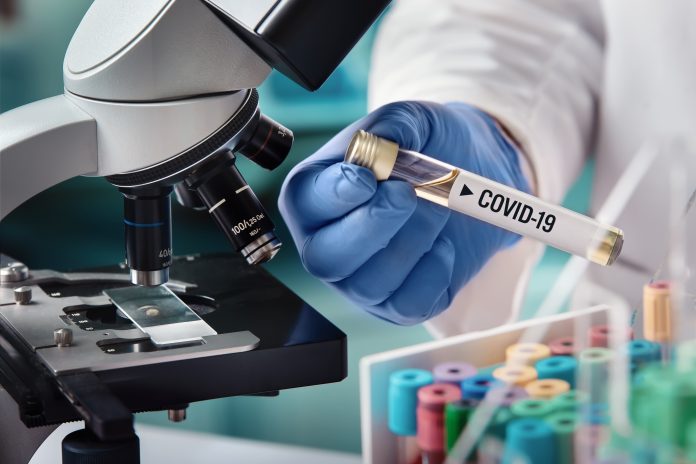The roll out of the Pfizer/BioNTech vaccine commenced in the UK earlier this week, starting with the elderly and frontline workers. However, since the start of mass vaccination in Britain, reportedly two health care workers have suffered adverse anaphylactoid reactions, prompting the country’s medical regulator to warn people with significant allergies not to get the Covid-19 vaccine at this time.
According to Stephen Powis, National Health Service Medical Director, the advice on the Covid-19 vaccine was released as a precaution.
“Two people with a history of significant allergic reactions responded adversely [earlier this week]. Both are recovering well,” Professor Powis is quoted as saying.
Reportedly, the Medicines and Healthcare Products Regulatory Agency (MHRA) has advised that anyone with a “history of a significant allergic reaction to a vaccine [or] medicine” to avoid taking the vaccine at this time.
While initially this advice also included anyone with a history of food allergies, this advice was updated with anyone who has a known food allergy not more at risk of an allergic reaction.
“We’re tweaking advice to make it very clear that if you’ve got a food allergy, you’re not more at risk,” Imperial College London’s Paul Turner, an expert in allergy and immunology is quoted by Reuters as saying.
Reportedly, Pfizer/BioNTech are supporting the MHRA’s investigation.
Speaking to Reuters, Professor Stephen Evans, a professor of pharmacoepidemiology at the London School of Hygiene & Tropical Medicine, says that “for the general population, this does not mean they would need to be anxious about receiving the vaccination”.
“For anyone who has a known severe allergic reaction such that they need to carry an EpiPen to delay having a vaccination until the reason for the allergic reaction has been clarified,” says Professor Evans.
Mayo Clinic Virologist, Dr Gregory Poland adds: “I would have said, ‘If you’ve had anaphylactic-level reactions to vaccines, we want to know about that, so we take extra care’. That doesn’t mean I wouldn’t immunise you. But I would do it in a more controlled setting.”
While experts have said that this event shows “that the monitoring system is working well”, Dr Mitchel Grayson, Director of the division of allergy and immunology at Nationwide Children’s Hospital in Ohio has voiced concern that “the whole event will cause millions of people to choose not to get vaccinated because of what they heard”.
More as the story unfolds.








